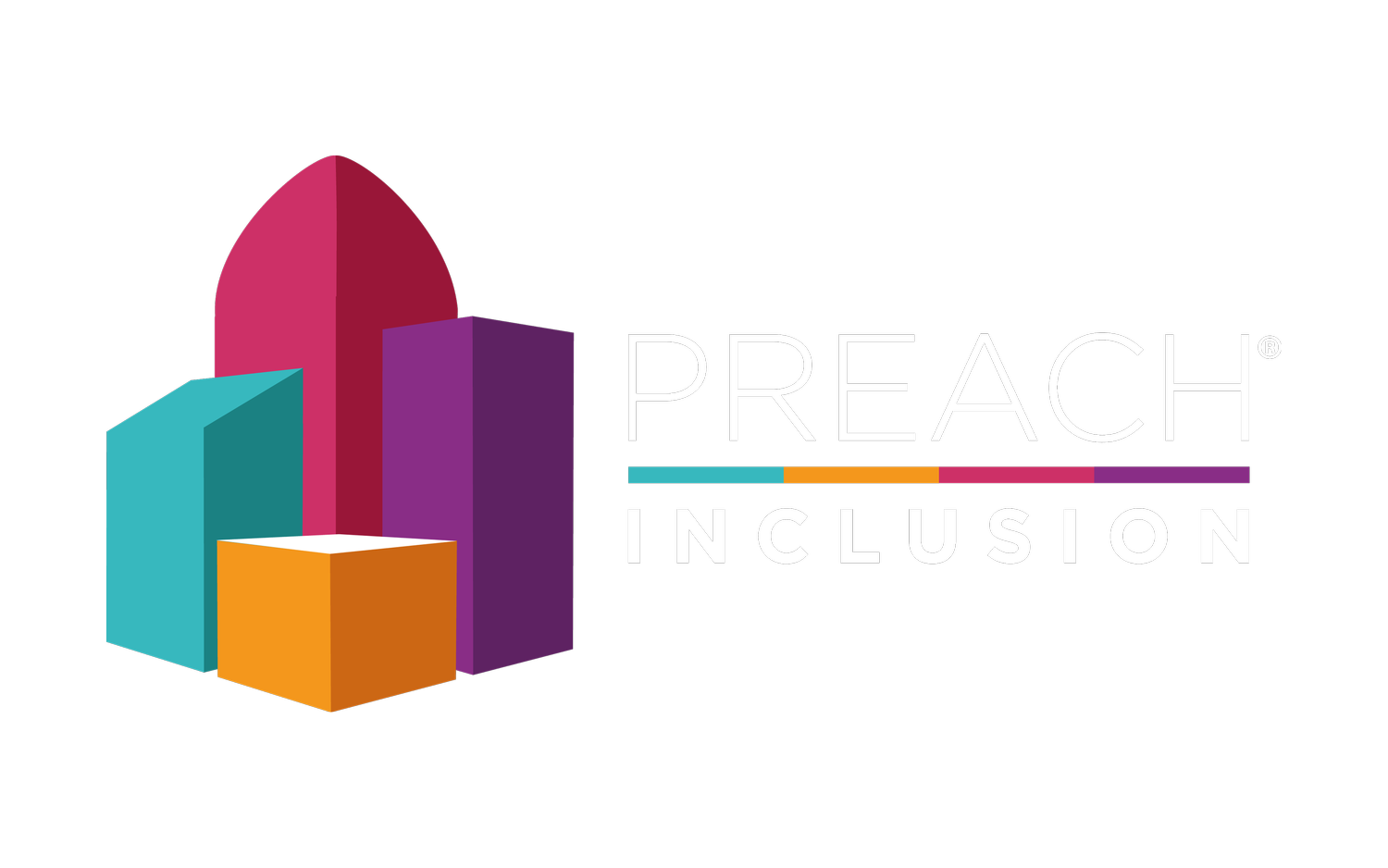Ethnicity pay gap reporting – where are we now?
Photo by AXP Photography on Unsplash.
In the UK, ethnicity pay gap reporting is currently voluntary, unlike gender pay gap reporting, which is mandatory for companies with 250 or more employees. However, the issue is gaining attention, with advocacy groups calling for mandatory reporting to hold employers accountable for addressing ethnic pay disparities.
Within the Built Environment sector, only a few companies are voluntarily reporting their ethnicity pay gaps, highlighting that the lack of legal requirements may be hindering broader adoption.
Read on, as we explore the current state of ethnicity pay gap reporting, key challenges, and why companies in the Built Environment sector should take action to address this issue.
How serious has this issue been taken
In February 2022, the Women and Equalities Committee recommended making ethnicity pay gap reporting mandatory to address pay disparities across ethnic groups. The then-Conservative Government responded by stating that, although it recognised the importance of such reporting, it would not be making it mandatory “at this stage” to avoid adding extra burden during the post-pandemic recovery.
Then in 2023, the Trades Union Congress (TUC) echoed the call for mandatory reporting, urging employers to publish both raw data and action plans to address the gap. In the run up to the 2024 General Election, the Labour Party committed to introducing a Race Equality Act, which would ensure equal pay for ethnic minorities. This was realised in October 2024 when the Labour Government launched the Office for Equality and Opportunity, focusing on strengthening legal duties for employers, including equal pay for ethnic minority workers.
Looking ahead
Although not yet an official policy, mandatory ethnicity pay gap reporting is likely to be introduced during this government’s tenure. Some companies, such as JLL, Cushman & Wakefield, Savills, and Knight Frank, are already voluntarily reporting their data, acknowledging areas for improvement and holding themselves accountable.
Challenges with ethnicity pay gap reporting
One significant challenge is data collection. Companies struggle with how to gather and present ethnicity data, while some employees, particularly from ethnic minorities, are hesitant to disclose their ethnicity or religion due to concerns about potential bias in their career progression. Lack of or incomplete data could undermine the effectiveness of reporting.
To overcome these challenges, any diversity data collection exercise needs to be accompanied with an extensive communications campaign, explaining why the data is being collected, how it will be used, and what steps will follow.
Why it's important
Despite challenges, addressing the ethnicity pay gap should be seen as an opportunity for the Built Environment sector to be more inclusive. This issue impacts everyone, not just ethnic minorities, and a lack of pay transparency can deter talented candidates from applying, particularly those from underrepresented groups.
Quick wins for the short term
While implementing ethnicity pay gap reporting may take time, companies can start by sharing salary information in job descriptions. This simple step promotes equal pay and helps ensure that candidates, regardless of background, receive fair compensation. It also reduces the risk of negotiation imbalances that often lead to lower offers for women and ethnic minorities.
Furthermore, when salaries are published externally, companies may be prompted to ensure that their internal pay structures are consistent and fair, leading to more equitable compensation practices within the organisation.
What’s next
At PREACH Inclusion, we are encouraging the Built Environment sector to report on the ethnicity pay gap, demonstrating that equal pay is a priority. We are collaborating with our Corporate Members to share best practices for data collection and reporting. This isn’t a competitive process; instead, it’s about collective improvement across the industry.
It won’t be easy, but it’s necessary. If you need support, please reach out to hello@preachinclusion.com.

